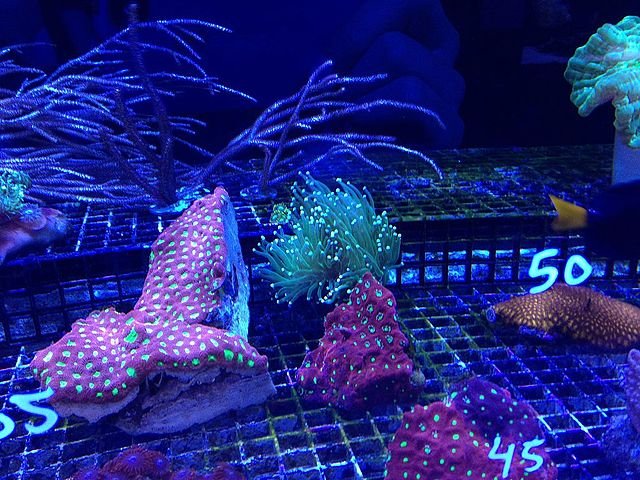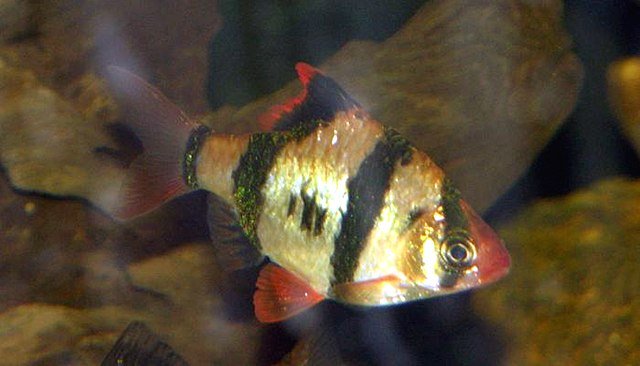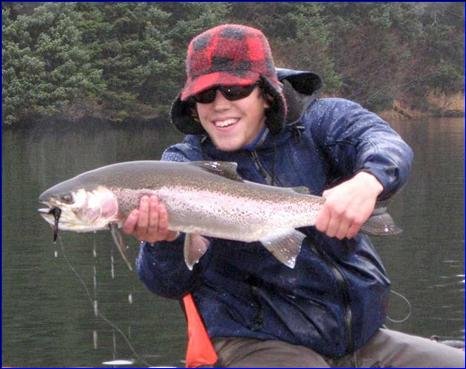Puerto Princesa City, The Philippines.- A group of Chinese businessmen is expected to arrive here this week to check on the possibility of investing in aquaculture, particularly in the rearing of high-value export commodity fish.
The businessmen are expected to arrive on November 23 to check on the five mariculture parks in the province for the possibility of establishing hatcheries for high-value species of groupers such as leopard coral trout or red suno, green grouper or loba, and tiger grouper or lapung-baboy, said Roberto Abrera of the Regional Fisheries Research and Development Center of the Bureau of Fisheries and Aquatic Resources (BFAR) on Tuesday.
The proposed sites are located in barangays Sta. Lucia and Binduyan in Puerto Princesa, the towns of Coron and San Vicente in northern Palawan, and Narra and Quezon in the south.
“This is a reciprocal visit, actually, after we went to China in January this year upon the orders and guidance of President Rodrigo Duterte to look for mutual economic support opportunities in fisheries development,” Abrera told the Philippine News Agency (PNA).
Each site for possible multi-million investment measures 200-700 hectares. It will be shown to the Chinese businessmen, who will be accompanied by representatives of the Ministry of Agriculture and Fishery of China, Abrera said.
“In China, 70 percent of their fish production is already through aquaculture for high-value fish like grouper. Here in the Philippines, we rely on fish catch for this species, and to be able to revive their population, we have to impose a close fishing season,” Abrera said.
Aquaculture, or fish farming, has gained momentum as a feasible method to produce seafood since “high demand for fresh fish days these days has already put a strain on natural populations”, he added.
“Palaweño fishermen will benefit a lot once they’ve been trained to practice the raising of fish for food in controlled environments,” he said.
Stay Always Informed
Join our communities to instantly receive the most important news, reports, and analysis from the aquaculture industry.
Aquaculture also means low impact risks to the environment since the method does not damage the environment while supplementing the increasing demand for fish.
Source: Philippine News Agency (PNA)
Editor at the digital magazine AquaHoy. He holds a degree in Aquaculture Biology from the National University of Santa (UNS) and a Master’s degree in Science and Innovation Management from the Polytechnic University of Valencia, with postgraduate diplomas in Business Innovation and Innovation Management. He possesses extensive experience in the aquaculture and fisheries sector, having led the Fisheries Innovation Unit of the National Program for Innovation in Fisheries and Aquaculture (PNIPA). He has served as a senior consultant in technology watch, an innovation project formulator and advisor, and a lecturer at UNS. He is a member of the Peruvian College of Biologists and was recognized by the World Aquaculture Society (WAS) in 2016 for his contribution to aquaculture.







